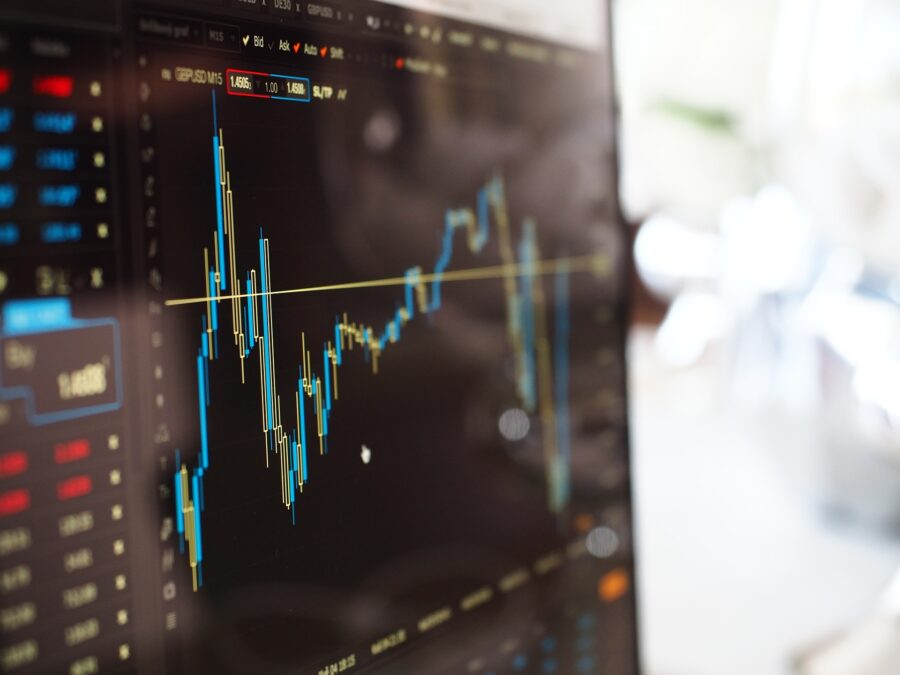What are market makers in options trading?

Options trading is growing increasingly popular with investors looking to diversify their portfolios. However, for many traders, understanding the role of a market maker regarding options trading can be confusing. In this article, we will discuss what market makers are and how they work in options trading.
A market maker is an individual or firm that provides liquidity by providing a two-sided market for specific securities. They buy and sell assets from other traders to maintain the market’s liquidity. In the options trading market, this is done through quoting bids and asking prices for different options contracts.
The role market makers play in trading
Market makers play an important role in keeping markets efficient, as they provide liquidity when there may not be any buyers or sellers available. This liquidity helps ensure buyers can always find someone to transact with at an acceptable price level. Market makers also help reduce transaction costs as they can benefit from each trade they enter.
To do so, a market maker quotes both a bid and an ask price for an option contract, allowing them to benefit when another trader is willing to buy or sell the contract at a different price than they originally quoted. For example, if a market maker quotes an option contract with a bid price of $1.50 and an asking price of $2.00, then a trader who wants to buy the same option contract must pay $2.00 while the market maker earns the difference between the two prices as their profit.
In addition to providing liquidity and reducing transaction costs, market makers also help protect investors by offering options contracts with unique features and characteristics that benefit traders in certain situations. As such, traders need to understand how these features work before entering into any options trading activity.
Finally, market makers also play an essential role in providing transparency to the options trading market. By quoting their bid and asking prices for different contracts, they indicate how much buyers are willing to pay and how much sellers are willing to receive. This indication helps traders make more informed decisions about which contracts to buy or sell.
What are the risks associated with market makers?
Although market makers provide a valuable service to the options trading market, some risks are associated with this investment.
First and foremost, traders must know those market makers may adjust their bids and ask prices depending on the situation, which means that if a trader is holding an option contract from a market maker that suddenly changes its pricing, they may not be able to close out the position at a desirable price.
In addition, traders need to understand that market makers may not act in the best interest of investors. As such, they may try to influence specific outcomes or take advantage of certain situations to maximise their chances of doing well. As such, traders must research any potential market maker they consider entering a contract with.
Finally, it is essential to remember that market makers are still subject to the same risks as other traders in the options trading market. If the overall market takes a downturn, their returns will also likely suffer.
Why using a broker is advised when trading options in the UK?
Given the risks associated with market makers, it is generally recommended that traders use a broker when trading options in the UK. Brokers provide several advantages over market makers as they can offer a broader range of products and services.
Brokers can also provide additional protection against unexpected losses through their risk management tools. These help them identify potential losses before they occur and take steps to minimise them. Finally, brokers are more transparent than market makers as they are regulated by the Financial Conduct Authority (FCA) and must follow specific rules to protect clients.
The bottom line
Market makers play an essential role in the options trading market by providing liquidity and reducing transaction costs. They also help protect investors from unavoidable risks associated with specific options contracts. Traders need to understand how these features work to make informed decisions when entering any options trading activity. With this knowledge, traders can have a better understanding of the markets and be able to make more successful trades.